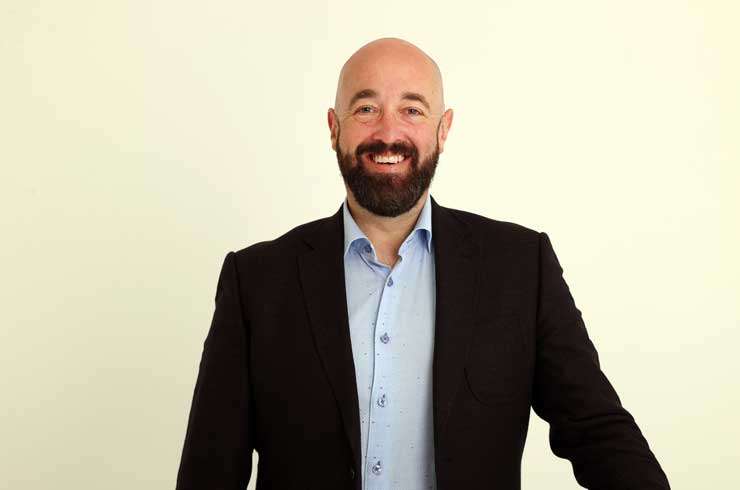ANALYSIS: Applying for a credit card or “quick” finance has never been easier than it is today. You can almost do it while standing in the queue to purchase an item - a concept that, from a sensible-spending point of view, is very scary.
But New Zealanders are also increasingly wise to the high costs of short-term finance. Often we hear people say, “We paid for our [couch/car/TV, etc] with cash as we didn’t want to borrow to purchase it.” This is obviously a great mindset to get into; financing your big purchases attracts interest costs, paying by cash doesn’t. Or does it?
If you currently have a mortgage or are planning on buying a house in the future, then every purchase you make is money that either can’t be used to reduce your mortgage or can’t be put towards a deposit. In other words, every dollar you spend, whether it’s an extra bottle of wine at the supermarket or a shiny new 8K TV, delays the reduction of your mortgage and therefore has additional interest costs.
Before I’m bombarded with angry emails, I realise what I’m suggesting; there could be an element of borrower’s guilt attached to every purchase you make, ever. We all need a bed to sleep in, we need to eat and most households would own a TV these days, and if each one of these purchases is “borrowed against the mortgage”, whether future or current, then what is the point worrying about it?
Start your property search
Before we go much further, let’s look at the long-term costs of borrowing money on a mortgage. Mortgage calculators often show the total interest over the life of a mortgage and this is useful for comparing two mortgage amounts.

Rupert Gough: "Every time we decide to spend money rather than put it on the mortgage, the actual cost is almost double." Photo / Fiona Goodall
A mortgage of $800,000 over 30 years at 4.25% (I know this is low but let’s stay optimistic for a bit) would cost around an additional $616,800 in interest. A mortgage of $795,000 – i.e. a reduction of $5,000 - has a total interest of $612,900 over the 30 years. That’s a difference of $3900. In other words, buying something worth $5000 rather than putting that money on your mortgage will actually cost you $8900 if you have a 30-year mortgage. Remember, we’ve used an average interest rate of 4.25% which is no way near the expected interest rate in the future. The long-term average mortgage rate is around 7% meaning any purchase you make will cost you more than double the purchase price. A $5000 purchase could add over $5000 in additional interest costs to a 30-year mortgage.
So, it’s fair to say that every time we decide to spend money, whether it’s on a snack at the supermarket or an upgraded car, rather than put it on the mortgage, the actual cost is almost double. So, how do we live our lives with this guilt?
As I mentioned above, we all need basic necessities. The trick is to use this knowledge as a mindset when tempted to make any discretionary purchases. In other words, there should be no guilt in purchasing your weekly food bill or paying your electricity bill. You need that. And there should be no guilt in buying furniture for your home. But if one couch is $1000 and another is $5000, having the knowledge and the mindset that the true cost gap isn’t $4000, it’s actually an additional $8000, may help you to make smarter purchasing decisions.
As a final note, I do want to say I’m an advocate for purchasing higher-quality products if they are likely to last longer. A $1000 couch that needs to be replaced in two years versus a $5000 couch that will last 15 years makes the more expensive couch a better deal over a longer term.
So don’t just buy cheap for cheap’s sake. But always have the true cost of any purchase in the back of your mind. And make sure that your mortgage is structured so you can deposit that extra money onto your mortgage (or into your savings) and get it working to reduce your interest costs.
- Rupert Gough is the founder and CEO of Mortgage Lab and author of The Successful First Home Buyer.
















































































